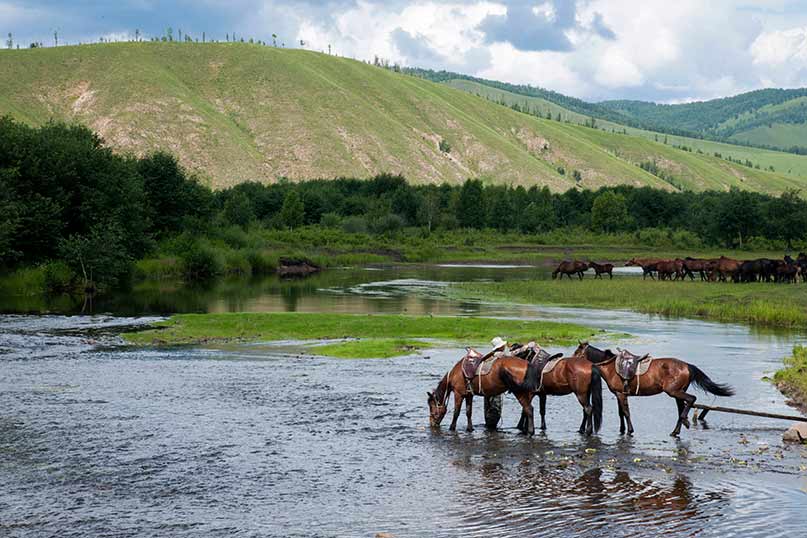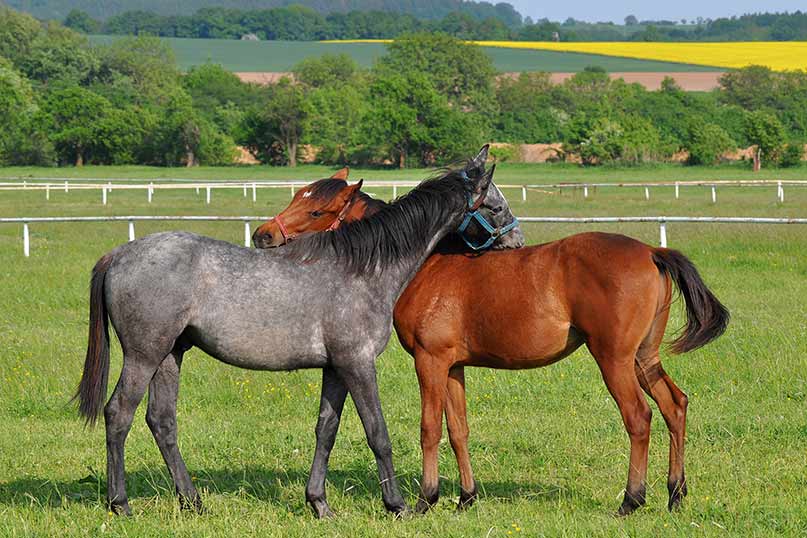
Ross River Fever (RRF) is a serious disease that is carried through mosquitoes and distributed through horses and sometimes people. The disease is spread throughout Australia most commonly during the warmer months (September ??? May) and peaking during January to March when mosquito populations are at their highest. The biggest outbreaks of RRF often occur in the months after heavy rainfalls. In saying this, mosquitoes are more prevalent in damp areas surrounded by stagnant pools of water (e.g. dams, puddles, open water tanks).
What is Ross River Fever?
RRF is an insect borne virus which can affect a horse and human in several different ways.?? Most commonly it can cause a number of neurological, musculoskeletal, behavioural and respiratory problems in horses. RRF is a very common disease throughout Australia and surrounding islands, it is non-lethal although it is extremely debilitating and long-lasting. In humans, the disease commonly means that the carrier will suffer joint pain and arthritis with others experiencing chronic fatigue.
Symptoms
Most horses will differ when it comes to showing signs of Ross River Fever; however some of the initial signs include fevers, joint pain, swelling of the lower limbs and a reluctance to move. Other symptoms are:
- Stiffness and soreness
- Respiratory signs ??? increased respiratory rate and an early stages cough
- Lethargy
- Gastrointestinal problems including diarrhoea and spasmodic colic
- Behavioural changes ??? more time spent lying down, loss of appetite, weight loss, poor exercise performance or an inability to exercise
- Loss of coordination, lameness or reluctance to move
- Nervous signs ??? wobbliness or staggering when walking

Treatment
Unfortunately there is no treatment readily available for Ross River Fever. The best thing for your horse is antibiotics and anti-inflammatory agents that will help with the swelling and stiffness whilst making the horse more comfortable. To help with alleviating symptoms, the horse should be under minimal stress and rest as much as possible. Within 18 months of being infected, most horses will overcome the disease and build immunity to it allowing them not to be reinfected for their life.
Prevention and control
The best prevention of RRF is to control the breeding of mosquitoes in your area. This is especially important to have control measures in place after heavy rainfalls. Other precautions that you can do are to make sure your horse is well covered with mesh or cotton rugs particularly during the morning and afternoon when the mosquitoes are more active. General maintenance around your stables is also imperative as leaving still bodies of water around such as puddles, water filled tyres or troughs can be a breeding ground for insects.
When dealing with mosquito borne diseases, prevention and control is the best way to deal with them. As it doesn???t have a treatment, it is much better to avoid the disease at all costs. However, if your horse is showing signs of Ross River Fever, contacting a vet immediately should be your first point of call.


